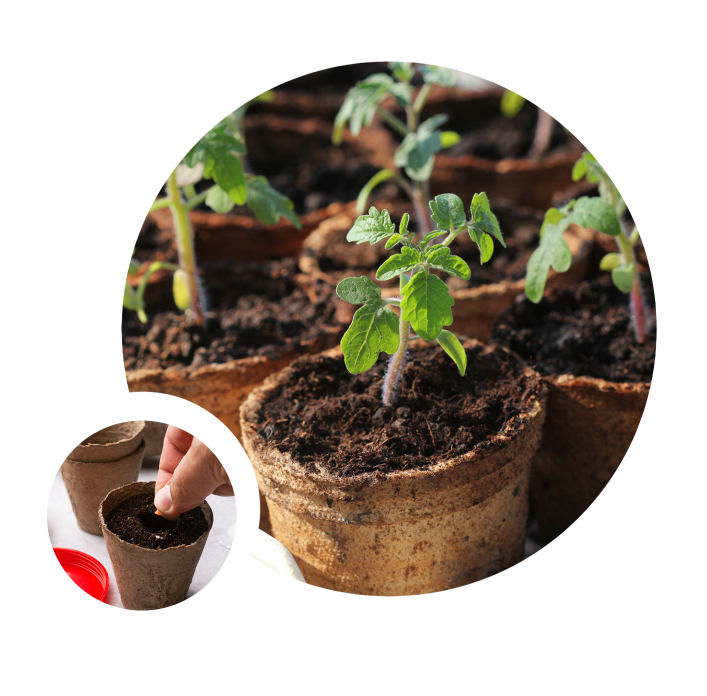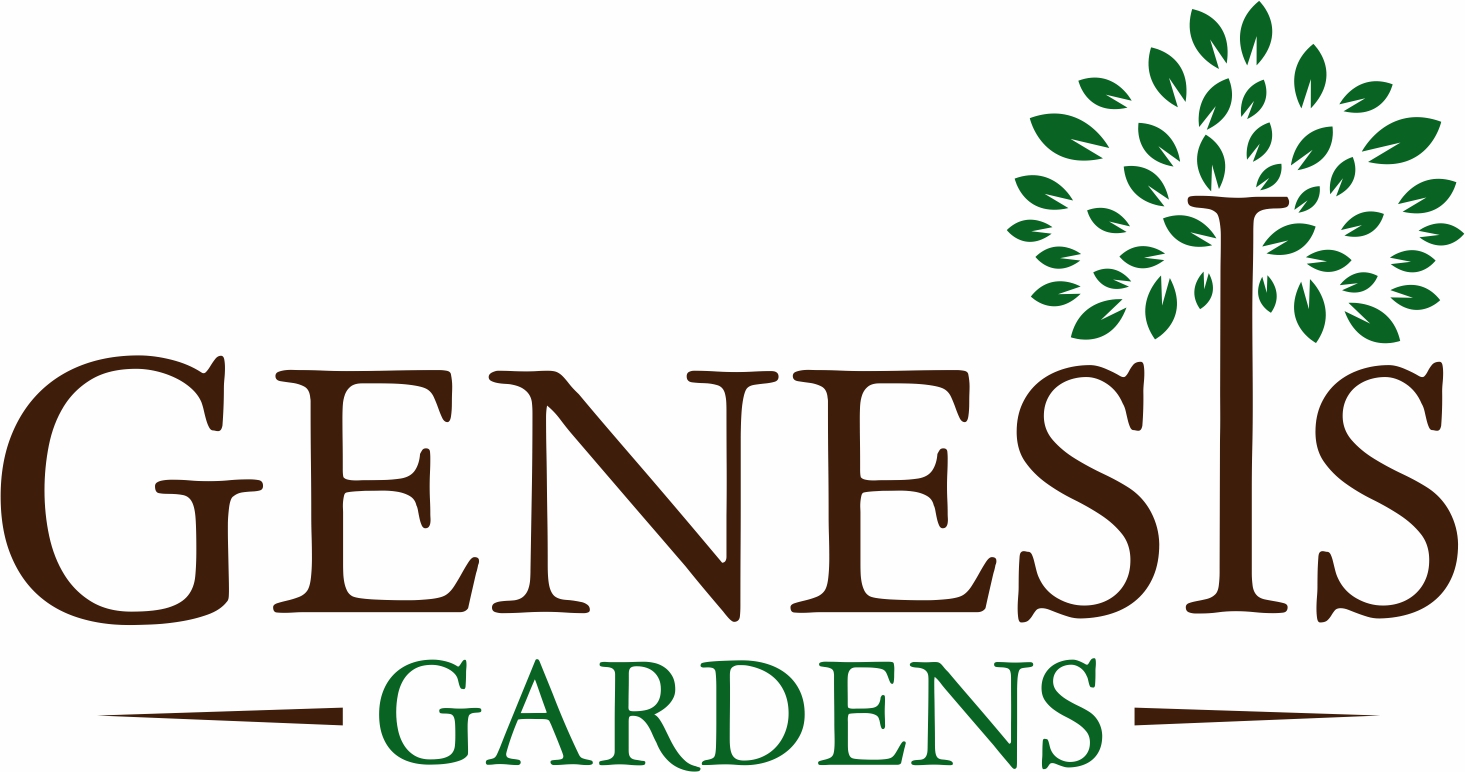Having a garden can be one of the most enjoyable and meaningful hobbies there is. Once you have tasted fresh fruits and veggies from your own garden, shop-bought produce will no longer hold the same appeal. Today we’ll explore how to get started with having your very own organic food garden.
Organic Heirloom Seeds Versus GMO Seeds
We hear about organic produce, organic food products, and organic seeds all the time, but what does it mean to be designated “organic”? Organic, in terms of food labelling, simply means not altered genetically or treated chemically. In other words, the use of herbicides, pesticides, and antibiotics is prohibited.

Organic Heirloom Seeds are those seeds that have been time tested from generation to generation and are specially adapted to a region. These seeds have NOT been genetically altered in a laboratory and are the most natural seeds to be found.
Genetically Modified Seeds, however, have been genetically altered to benefit the needs of corporations and large industrial farms. They are advertised as being more hardy than natural seeds but come with a whole host of problems. These problems include environmental damage and various health problems for the people that consume them.
For a self-renewing garden, always choose organic and heirloom varieties. In the interest of your health, time, and financial investment, organic seeds are king.
Choosing the Right Plants: Perennials Versus Annuals
Gardening can be a lot of work, especially when you are just starting out. When you sit down to plan out your garden, try to choose native perennial plants. Perennial plants come back every year with little maintenance.
As a rule, it’s a good idea to make the bulk of your garden plants self-renewing. With each successive year, annuals will continue to establish, thrive, and spread. This, in turn, will increase your annual food harvest. Examples include blueberries, sage, and apples.
Annuals, on the other hand, require the harvesting of seed and thereby the replanting of seed in the next season. Additionally, some annuals can only be purchased, as propagation may be difficult.
Nevertheless, annuals do still have a great deal of value if you pick the right varieties. You just want to make sure they are good producers in your edible garden. Choose plants like squash, tomatoes, okra, and the like. Research your local area to find out which plants provide the biggest harvest for your climate zone.
A Word About Native Plants
Native plants are well adapted to your local climate and weather patterns. Natives are drought tolerant, pest and disease resistant, attract pollinators, and require little intervention to thrive. They also benefit local wildlife and the established ecosystem.
Exotic plants, on the other hand, can require considerable assistance or may be invasive.
Companion Planting

Some plants benefit each other, while other plants compete with one another. When starting a garden, it’s a good idea to find out which plants benefit each other in a delicate dance of cooperation. A great area of study in this regard is Permaculture. This discipline teaches the interplay of plants, climate, and animals.
The Need for Composting and Soil Regeneration
Modern agriculture has done a lot of harm to our farmlands in the way of soil depletion, species dieoff, and pollution. Small organic gardening has the potential to replenish the soil and benefit local ecosystems.
Composting is the art of collecting organic matter and transforming it into rich nutritive soil that can then be used to grow healthy plants. Organic matter for composting can come from kitchen scraps and garden waste.

